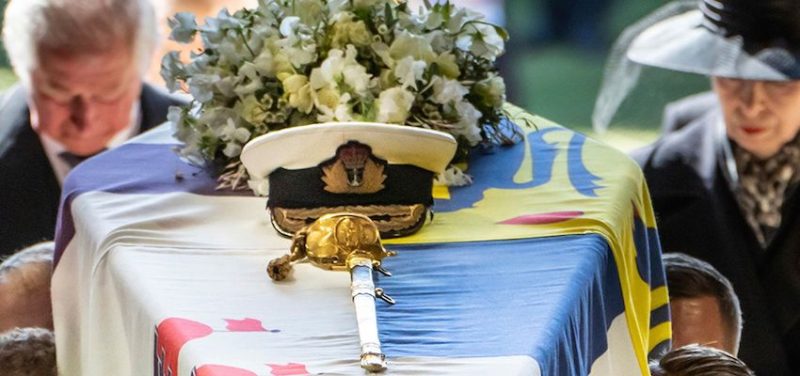In death, kind words emerge

What a shame it is that we only seem able to say good things about a famous person when they have died – not while they are still breathing.
The death of the Duke of Edinburgh is one such instance.
For more than a week there have been glowing tributes all over the place; and rightly so, in my humble opinion. For this was a man who devoted himself to service – to his adopted country, to his wife, and to his family – and he also willingly sacrificed (if that is the right word) the pursuit of selfishness.
Yet prior to his death, the Duke was vilified by many for having 'outdated' views on almost everything and anything.
Despite being occasionally gaffe-prone, the great British public now realises what an immense figure it has lost. So, too, does the world, for the tributes from around the globe have often been more glowing than those from the four home countries.
Yet it isn’t just the death of Prince Philip that springs to mind.
Princess Diana was on the cusp of being demonised by the public when she met a tragic and untimely death. And the same can be said for a multitude of politicians, film stars and athletes who have been despised in life and glorified in death.
How we love to knock someone down rather than celebrate their qualities.
Maybe, however, we have reached the lowest ebb and, with Philip’s death and the subsequent mourning, we might have turned a corner?
I certainly hope so.
Trivial and insubstantial
Young and old have paid their respects to this astonishing 99-year-old. He is a man who will be hard to forget.
His funeral said everything: it was simple; it was beautiful; and it was filled with love and faith.
Philip was a godly man – a fact many people have found surprising in recent days.
I am not sure why this is the case. Perhaps, in a country as secular as ours, when the most trivial and insubstantial things have become the most important baselines for so many, it is easy to not understand and recognise pure faith when you encounter it?
But it is fitting we remember the life of the Duke and use his death as a point when we reflect on our own lives. As men, are we as selfless as he was? Are we the servant husband he chose to be for 73 years? And are we the loving father, grandfather and uncle he always was?
In my own case, the answer is a resounding ‘no’. But thanks to Philip, I now have a benchmark to aim for. And I hope you have too?

